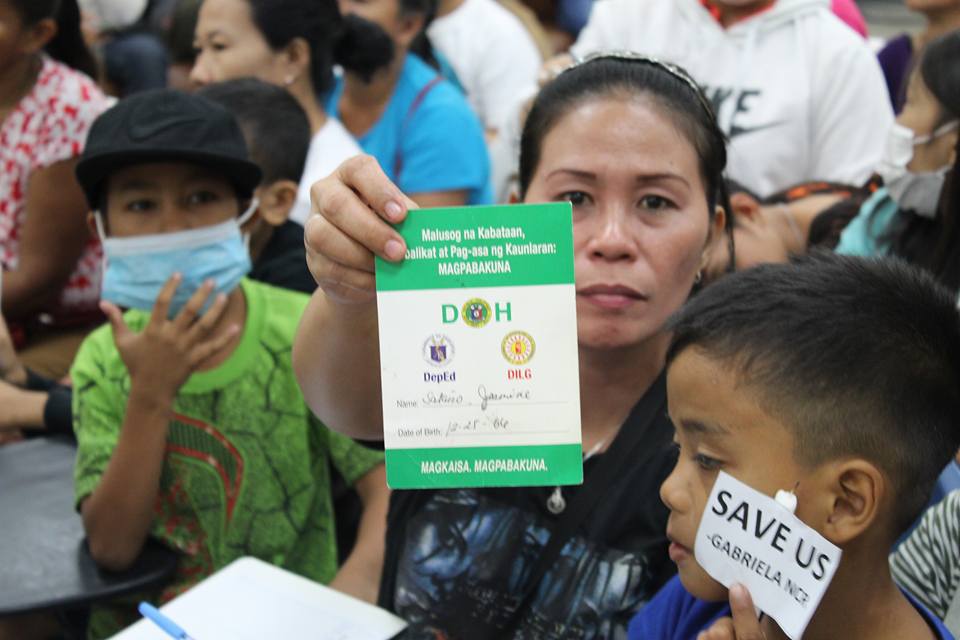
The Department of Health (DOH) on Monday said it will file a civil case against French pharmaceutical giant Sanofi Pasteur after it declined a demand from the Philippines to fully refund the P3.5-billion spent on its anti-dengue vaccines.
On the same day, Sanofi said it responded to a request from the Health department for refund and indemnification fund, however, rejected it for the second time.
Sanofi said that they stand firmly behind their product, stressing that refunding the used doses of Dengvaxia would only mean that the vaccine is ineffective, “which is not the case.” The French firm added that there is also “no known circumstance requiring indemnification.”
Health Undersecretary Eric Domingo said the DOH will ask for help from the Office of the Solicitor General in filing the lawsuit on the grounds that the drug maker market a “defective product.”
“It’s not the product that they promised it to be. Parang kung nagbenta ka ng sasakyan siguro pagkatapos sinabi nila maganda yon. Tapos in the end nakita ang depekto (It is like you are selling a car and your buyer will say it is good, but in the end, they will found out about the defect on your product),” Domingo was quoted as saying in an ABS-CBN report.
“Kailangan isauli ‘yun. Hindi naman pwede nong una hndi mo nakita ang depekto wala ka nang kasalanan (It needs to be returned. You are not free from the consequences just because the defect was not immediately spotted),” he added.
Last month, Sanofi, which last year admitted that the vaccine could lead to severe dengue if administered to a person who had not been infected with the virus, already paid P1.16-billion worth of unused Dengvaxia vials.
The French firm, however, declined to pay back the Philippine government when it demanded a full refund worth P3.5-billion used to purchase anti-dengue vaccines.
While rejecting the demand for full reimbursement and indemnification fund, Sanofi said they are willing to sit down with the Health department “to find other ways we can assist their efforts to combat dengue in the Philippines and restoring public trust in vaccines.”
The now-suspended immunization program launched during the Aquino administration vaccinated at least 830,000 children in Metro Manila, Central Luzon, and Calabarzon.